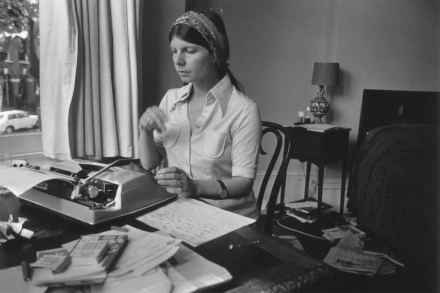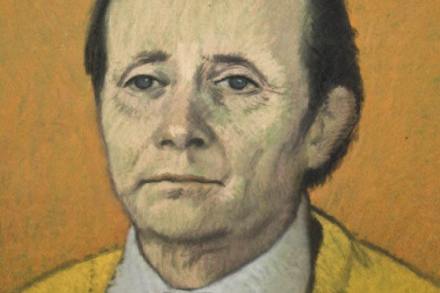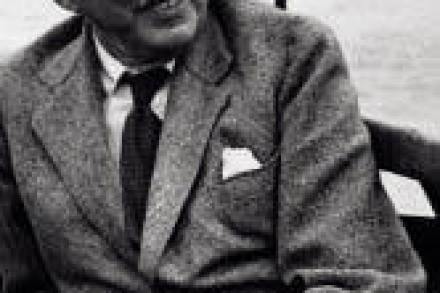Morality tales
Francis King celebrates Margaret Drabble’s distinguished career and vividly recalls their first meeting I first met a youthful Margaret Drabble when, already myself an established author, I was working at Weidenfeld and Nicolson as a literary adviser. The editorial director was an Australian woman called Barley Allison, sister of an MP, who constantly boasted of








